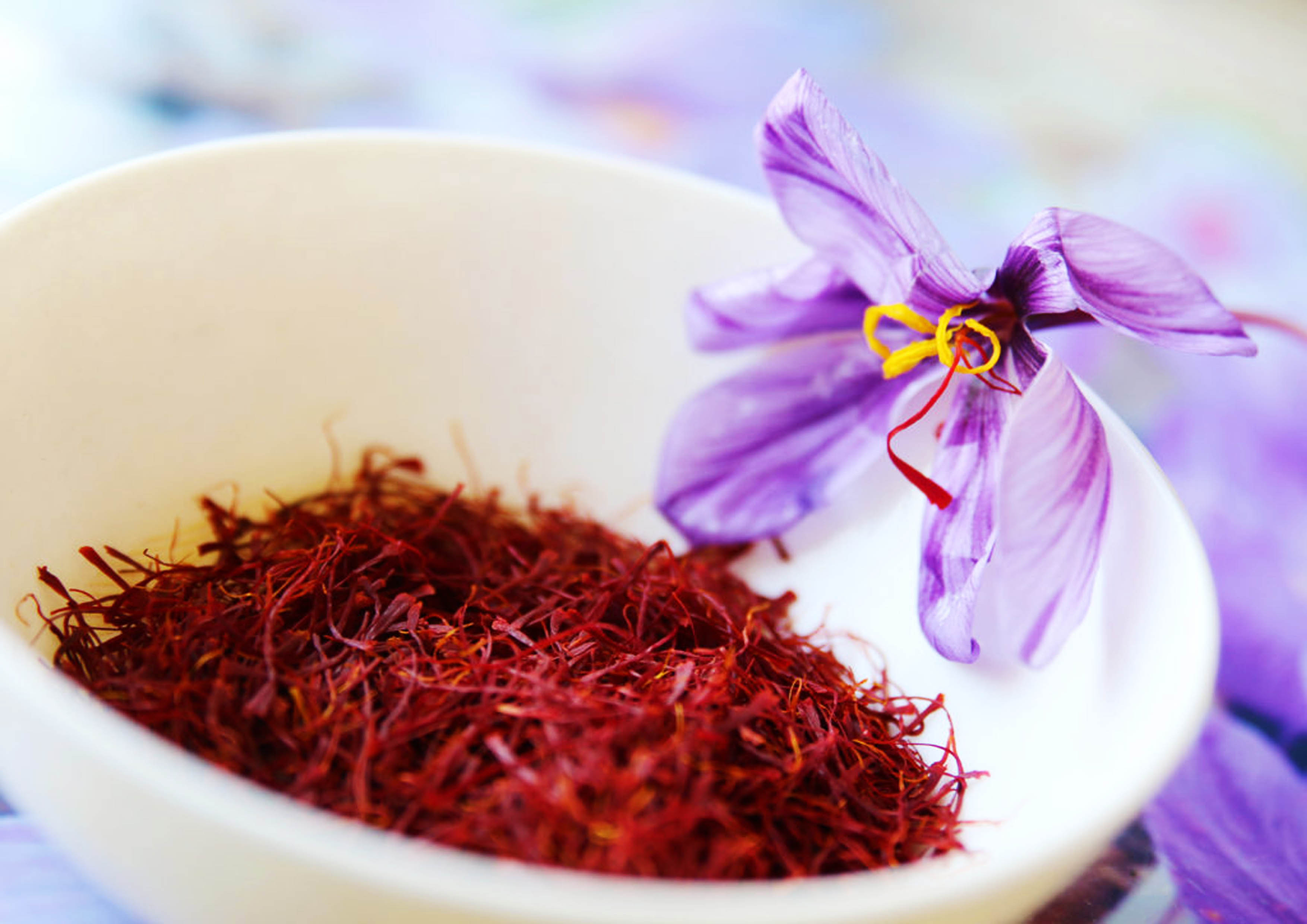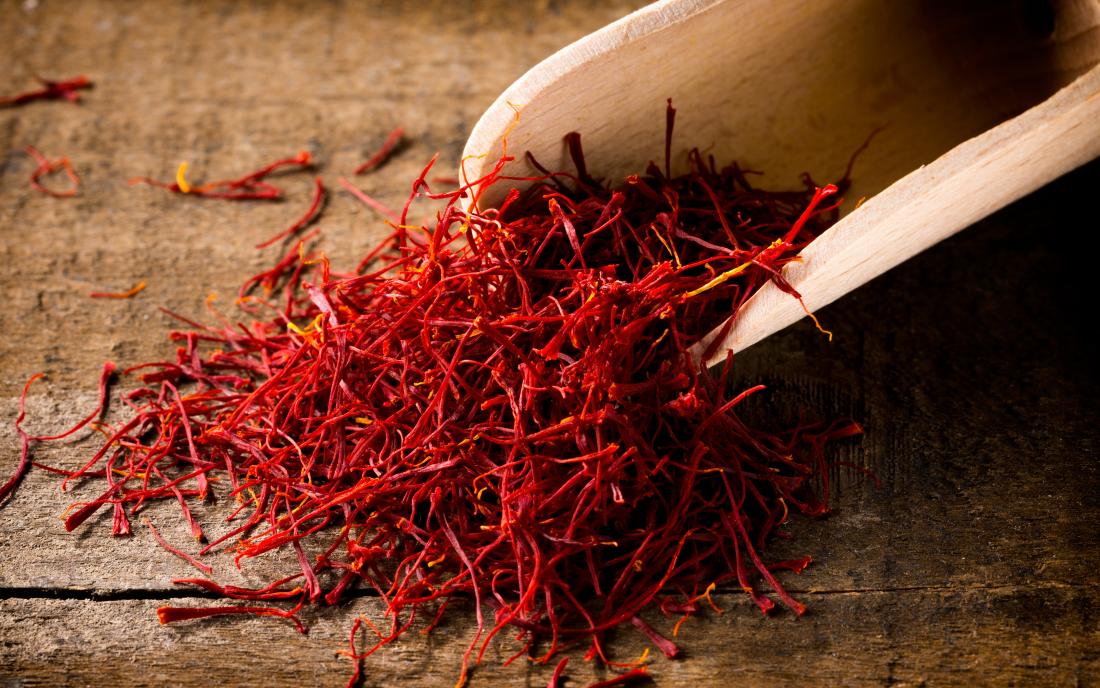Saffron, the golden spice derived from the Crocus sativus flower, has been cherished for centuries for its unique flavor, aroma, and medicinal properties. Many pregnant women wonder whether saffron is safe during pregnancy and how it can benefit them. This blog explores the advantages, precautions, and best ways to use saffron during pregnancy.
Benefits of Saffron During Pregnancy
- Mood Enhancement & Stress Relief
Pregnancy brings hormonal changes that can lead to mood swings and anxiety. Saffron has natural antidepressant properties that help boost serotonin levels, promoting a sense of well-being and relaxation. - Aids Digestion & Reduces Bloating
Many expectant mothers experience digestive issues such as bloating, constipation, and acidity. Saffron can aid digestion by improving gut function and reducing gastric discomfort. - Supports Heart Health
Saffron contains antioxidants that help regulate blood pressure and improve circulation, reducing the risk of hypertension—a common concern during pregnancy. - Enhances Skin Glow
Saffron is rich in antioxidants and can contribute to radiant, healthy-looking skin, reducing pigmentation and pregnancy-related skin changes. - Helps with Sleep Disorders
Pregnancy insomnia is common, but saffron’s soothing properties can help relax the mind and promote better sleep quality.
Is Saffron Safe During Pregnancy?
Saffron is generally considered safe when consumed in moderation. However, excessive intake (more than recommended amounts) may lead to uterine contractions, which could increase the risk of miscarriage or preterm labor. Most experts recommend using only 2-3 strands of saffron per day in food or beverages.
How to Use Saffron During Pregnancy
- Saffron Milk: Add 2-3 strands of saffron to a glass of warm milk for a soothing and nutritious drink.
- Herbal Tea: Infuse saffron with other herbs like ginger or chamomile for a relaxing tea.
- In Cooking: Use saffron in rice dishes, desserts, or soups for its rich flavor and health benefits.
Precautions & Who Should Avoid Saffron?
- Avoid saffron in high doses, as excessive consumption may cause complications.
- If you have a history of allergies to saffron or related plants, consult your doctor before use.
- Women with high-risk pregnancies should consult their healthcare provider before adding saffron to their diet.
Conclusion
Saffron can be a beneficial addition to a pregnant woman’s diet when used in moderation. Its calming properties, digestive benefits, and positive effects on skin and mood make it a valuable natural supplement. However, always consult a healthcare professional before making dietary changes during pregnancy.
Disclaimer: This article is for informational purposes only and should not replace professional medical advice. Always consult your doctor before using saffron during pregnancy.



